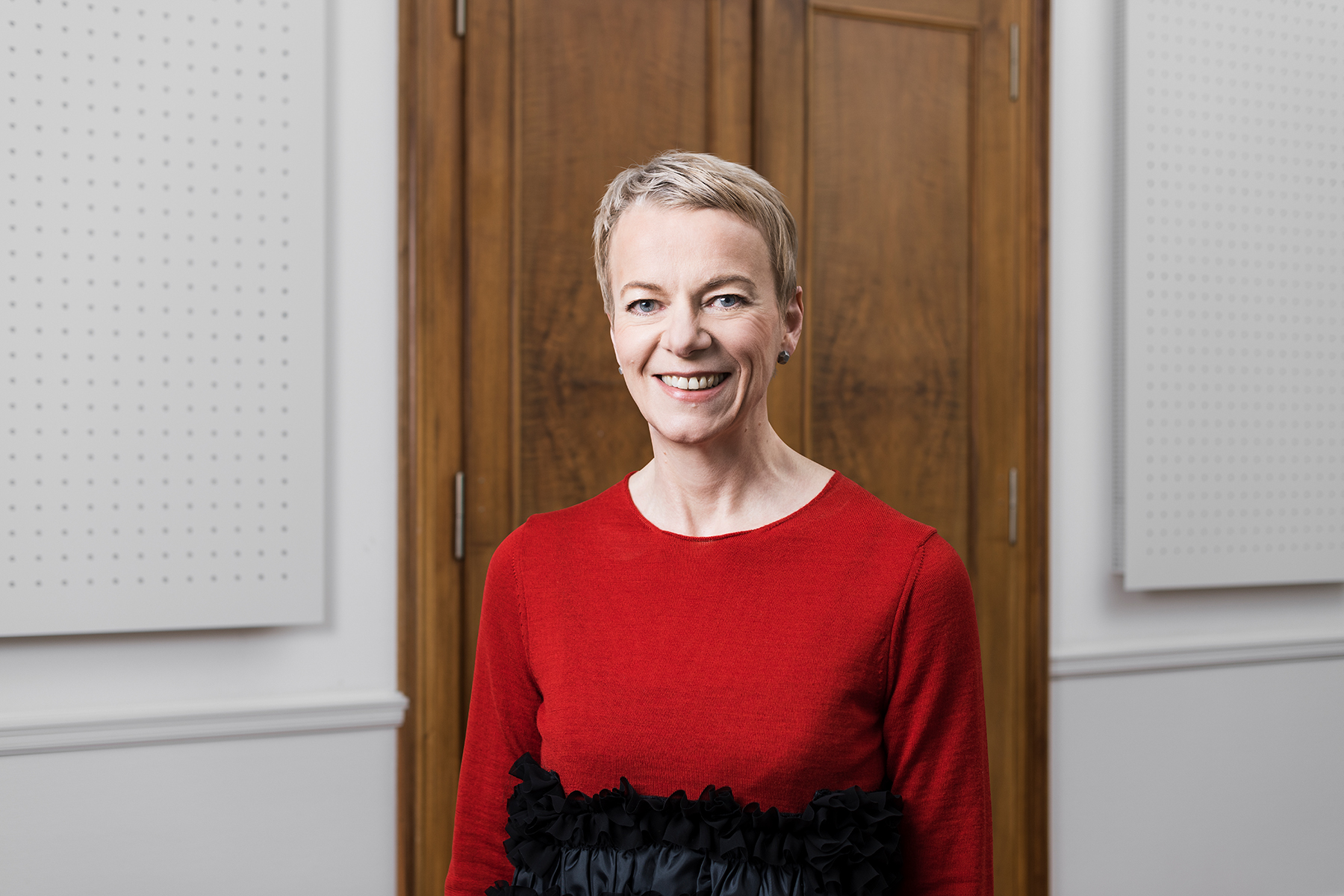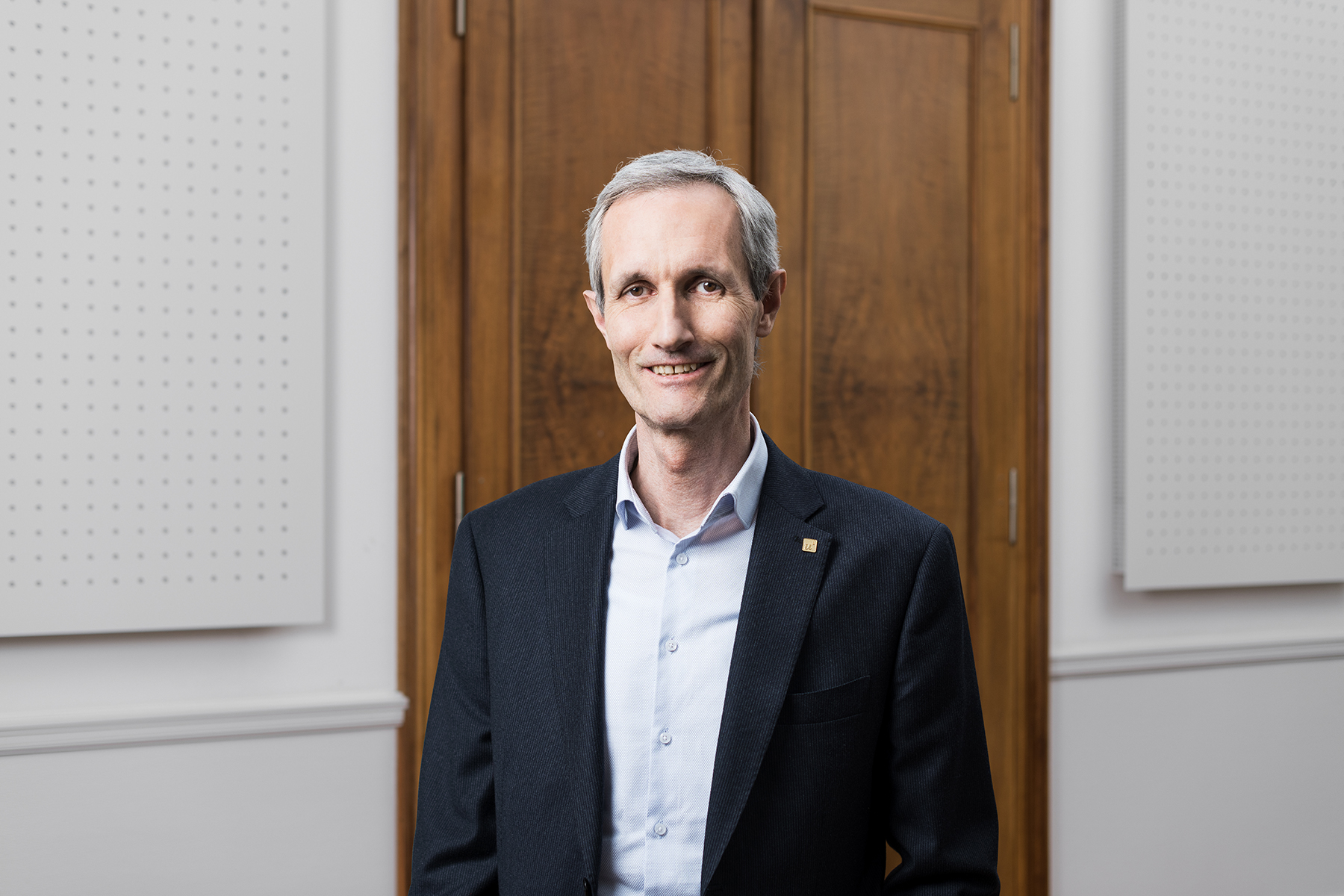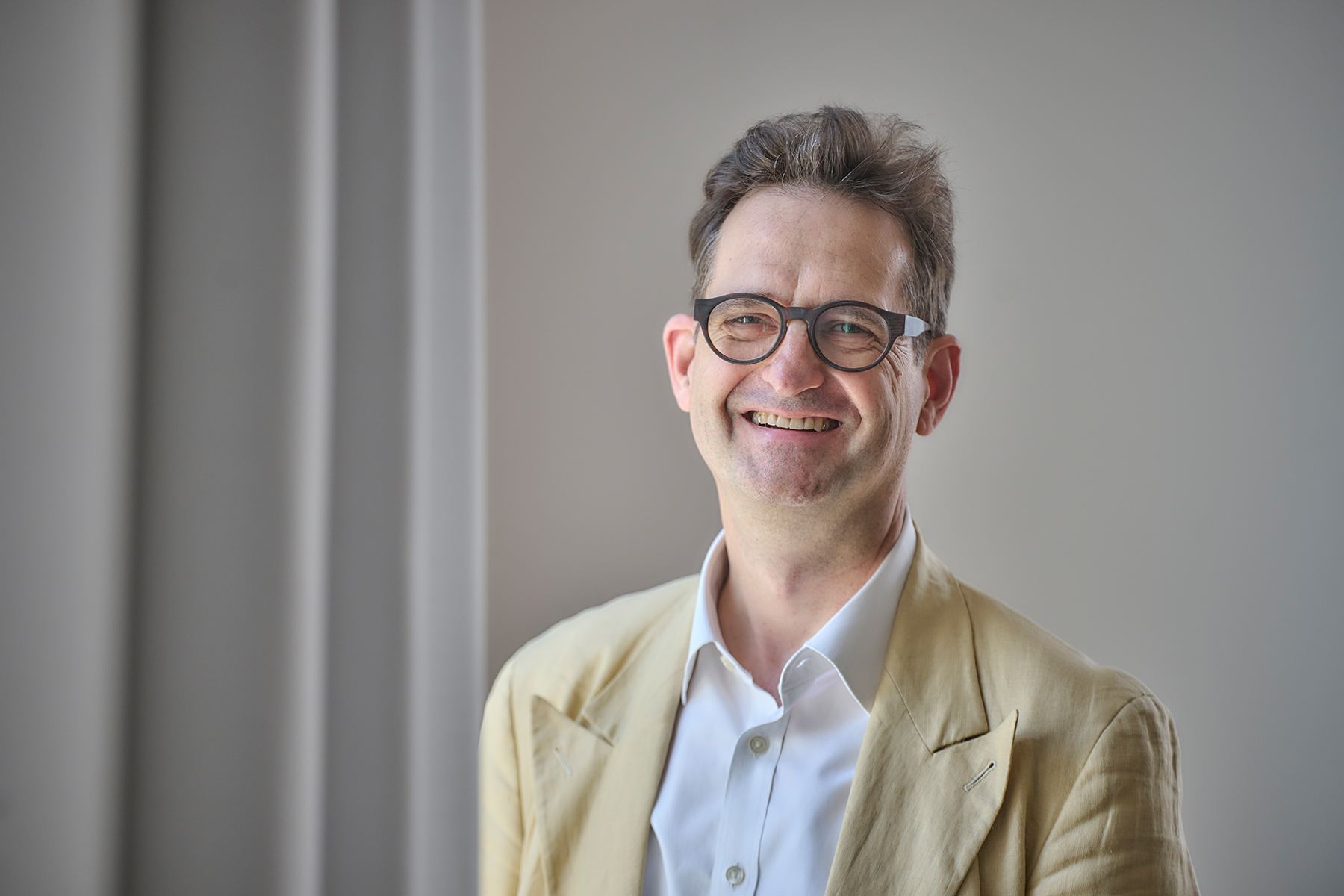A new department unites Middle Eastern Linguistics and Cultural Studies, Religious Studies, and Social Anthropology under one roof
At the end of June 2024, the Faculty of Humanities presented a structure report on the new integration of the field of Middle Eastern Linguistics and Cultural Studies. At its meeting on Tuesday, August 13th, the Executive Board of the University of Bern approved the report. Thus, a new department will be created in which Social Anthropology, Religious Studies, and Middle Eastern Linguistics and Cultural Studies will work together.
Based on the findings of the report from the administrative investigation of the Institute for the Study of the Middle East and Muslim Societies (ISNO), the University of Bern's Executive Board decided in February 2024 to dissolve the institute and integrate the subject of Middle Eastern Linguistics and Cultural Studies into a broader context. The Faculty of Humanities was tasked with submitting a structure report by the end of June 2024 with the goal of restructuring the field of study to focus more broadly in terms of both content and methodology. This report was approved by the University Executive Board on August 13th, 2024. "The structure report completely fulfilled the University Executive Board's requirements," says Virginia Richter, Rector of the University of Bern. "The Executive Board of the University acknowledges the outstanding work done by the responsible structure commission in a very short space of time. We are convinced that an innovative and future-oriented solution has been found," continues Richter.
The new department für social anthropology und cultural studies
The University of Bern offers the subject of Middle Eastern Linguistics and Cultural Studies in accordance with its performance mandate set by the cantonal government of Bern. Following the dissolution of the ISNO, the Faculty of Humanities was given the task of integrating the subject into a broader context of religion, language, and historical perspective. The establishment of the new Department of Social Anthropology and Cultural Studies, in which Social Anthropology, Religious Studies and Middle Eastern Linguistics and Cultural Studies are united, provides these fields the opportunity for a new focus with closer interdisciplinary cooperation.
"Uniting different fields in a new department ensures that each one can complement and challenge each other’s methodology," explains Peter Schneemann, Dean of the Faculty of Humanities. "The faculty is delighted to have found this innovative solution thanks to the huge commitment of its faculty members, the members of the commission, and the staff of the institutes involved."
The new department also reinforces cooperation across faculties. In particular, cooperation with Jewish Studies will be strengthened by offering courses on modern Judaism and, in addition to Arabic, Modern Hebrew as a second possible language in bachelor’s degree courses.
Virginia Richter adds: "I hope that the new structure will strengthen academic dialog and ensure methodological and thematic diversity. I am convinced that we can make an important contribution to understanding a very complex and topically relevant conflict."
Joint directorate, new research units, and restructuring of study programs
Nine professorships will form the directorate of the new department. The new department will currently be headed by Social Anthropology. Five research units will be established and all researchers in the department will be assigned to one or more of these research units according to their focus. This will deepen interdisciplinary cooperation, facilitate dynamic collaborative research and at the same time promote and ensure diversity in approaches and methodology in research.
Establishing the new department and restructuring the study programs will take place as part of a transition phase during which students from the former programs can still obtain their degrees. The main aim of restructuring the study programs is to make courses more appealing and to provide a broader foundation of content and methodology.
Scientific responsibility instead of institute management
The report of the administrative investigation found deficiencies in the management of the ISNO. The co-director of the institute, Prof. Serena Tolino, received a formal warning for this. As a researcher, she is internationally renowned and very successful in winning funding for research projects. The Swiss National Science Foundation has reviewed Prof. Serena Tolino's research projects and has again wholly endorsed her eligibility for funding. Christoph Pappa, Secretary General and Head of Legal Services at the University of Bern, emphasizes, "The University Executive Board has taken proportionate measures in accordance with cantonal employment law. Ms Tolino is now resuming her function as a professor with all rights and obligations."
The former ISNO was dissolved as an institute and the subject of Middle Eastern Linguistics and Cultural Studies has been incorporated into the department as the new Middle East and Muslim Societies (MOMuG) area. The former co-directors of the ISNO, Prof. Serena Tolino and Prof. Nijmi Edres, have taken on academic responsibility in the MOMuG as part of their positions as professors at the University of Bern.
The structural report (available in German only) will be sent to media representatives on request.
2024/08/15




